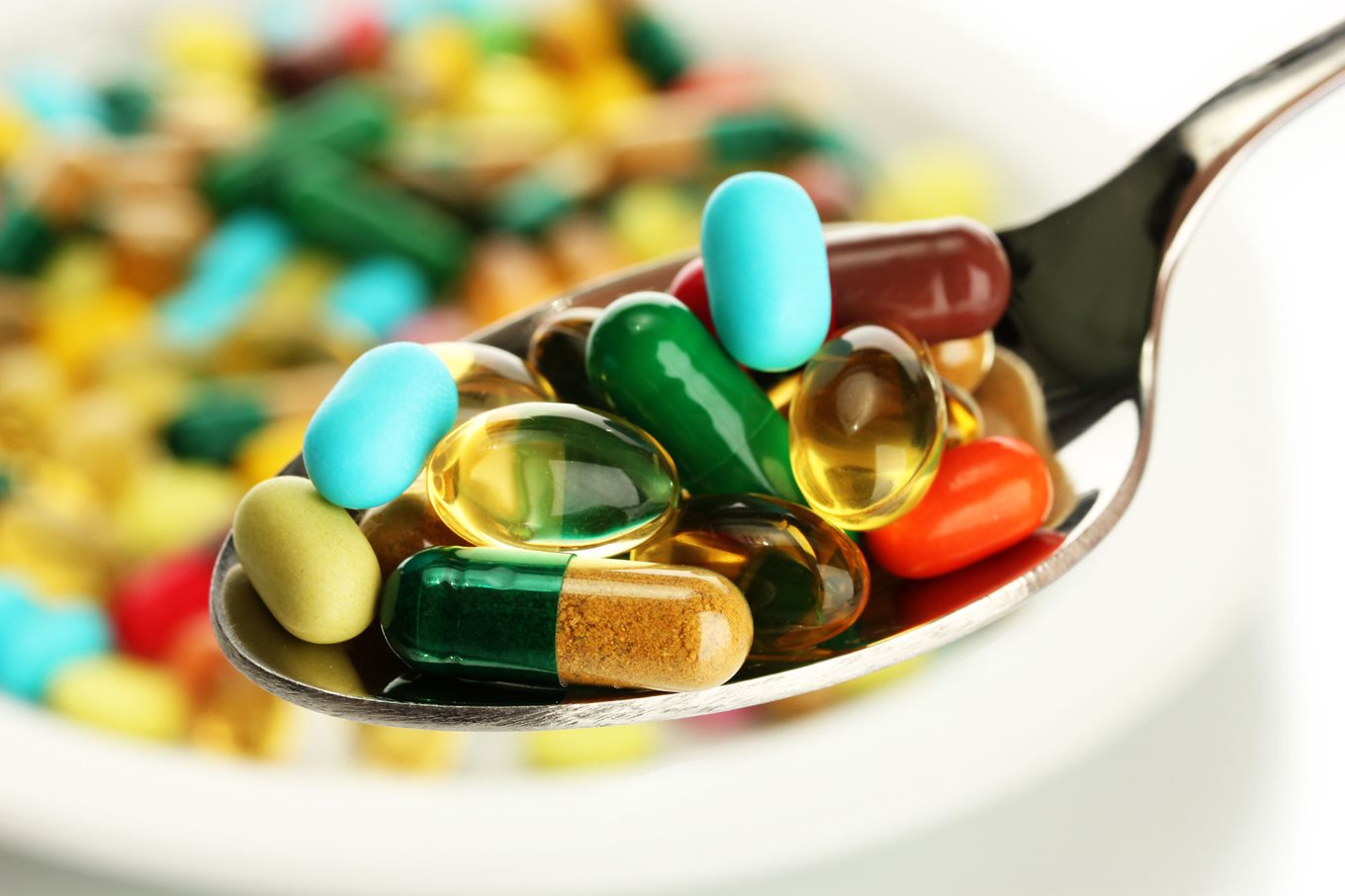Food supplements

Most people do not need food supplements – their diets provide all the nutrients they need. However, there are some exceptions.
Key facts
- Most people do not need food supplements – their diets provide all the nutrients they need
- Vitamin D and folic acid are the exceptions.
- Don’t mix supplements with medicines without speaking to your health professional
- Eat a balanced diet – supplements cannot substitute for a good diet
What are food supplements?
Food supplements contain vitamins, minerals or other substances in a concentrated form. They are designed to supplement the diet with nutrients that might be missing. They are not designed to replace a healthy, balanced diet. Food supplements are available in a variety of forms including capsules, tablets, pills, sachets, sprays and liquids.
Who needs food supplements?
Most people do not need food supplements. Dietary surveys have shown that most people get all the nutrients they need from their diets. The best way to ensure you’re eating healthily is to eat a wide variety of different kinds of foods. It’s important to note that supplements cannot substitute for a healthy diet.
However, there are some exceptions:
- Everyone should take a vitamin D supplement for bone and muscle health. The amount you need depends on your age, skin tone, situation and the season. Find out more here about how much vitamin D people need to take, and when they need to take it.
- All people who could become pregnant, including those taking contraception, should take a 400 microgram supplement of folic acid every day. Some individuals may need a higher dose. Find out more about folic acid here.
- People following a plant-based diet may need a vitamin B12 and an omega-3 supplement, find out more here.
If you are unsure if you need a food supplement, speak to your doctor, or a registered dietitian or registered nutritionist.
Are there risks associated with taking food supplements?
Exceeding the daily recommended amount of a vitamin or mineral can be harmful, so it is important not to take more than the daily recommended amount unless advised by your health professional to do so. For example, taking large amounts of Vitamin C can cause stomach upset and diarrhoea.
If you are taking more than one supplement, check the product labels to make sure you are not doubling up on nutrients. For example, if you are taking a multivitamin containing vitamin D and a vitamin D supplement together, this may be providing more vitamin D than you need. Check with your doctor if you are unsure.
Some supplements can interact with some medications and are contraindicated. Don’t mix supplements with medicines without speaking to your doctor first.
Always exercise caution when buying your supplements and be wary of dubious sources and health claims. Some supplements can contain more of or less of a nutrient than indicated on the label or may contain other harmful ingredients or even contaminants. Talk to your healthcare professional for more information.

